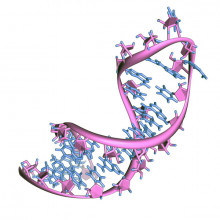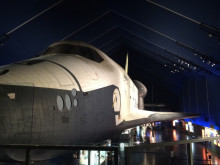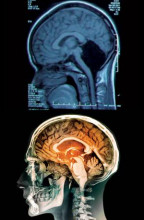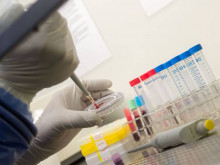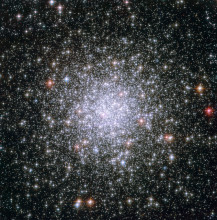New technique gets pure hydrogen out of splitting water
Continued concerns about global warming have boosted work on alternative fuel sources that reduce emissions. Hydrogen is an appealing, clean-burning fuel. Currently, most hydrogen comes from the processing of fossil fuels, which produces carbon dioxide as a byproduct. However, the electrolysis of water produces hydrogen without the release of greenhouse gases—provided the electricity used in the process comes from renewable energy.















































